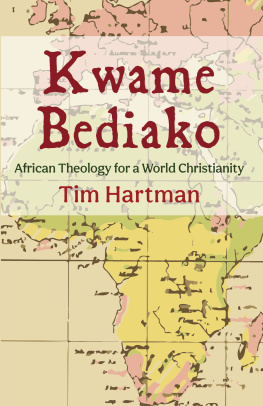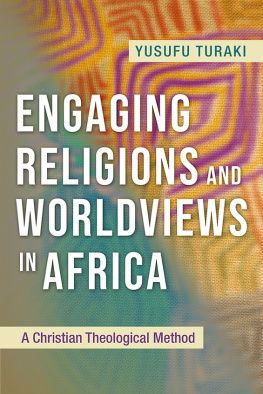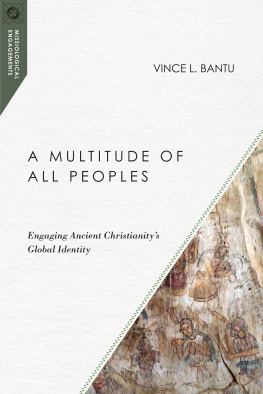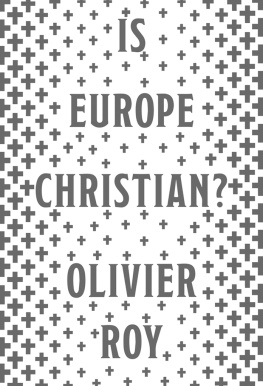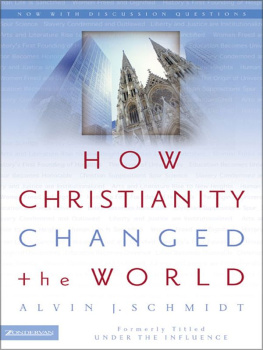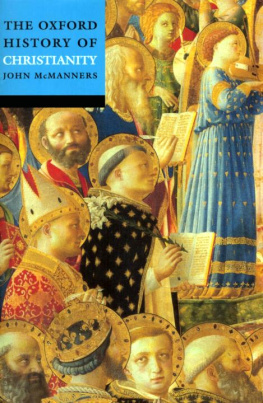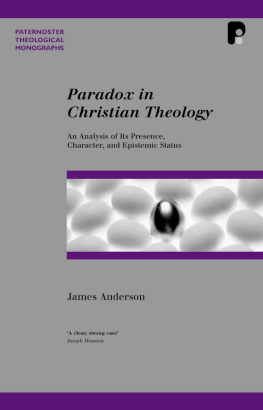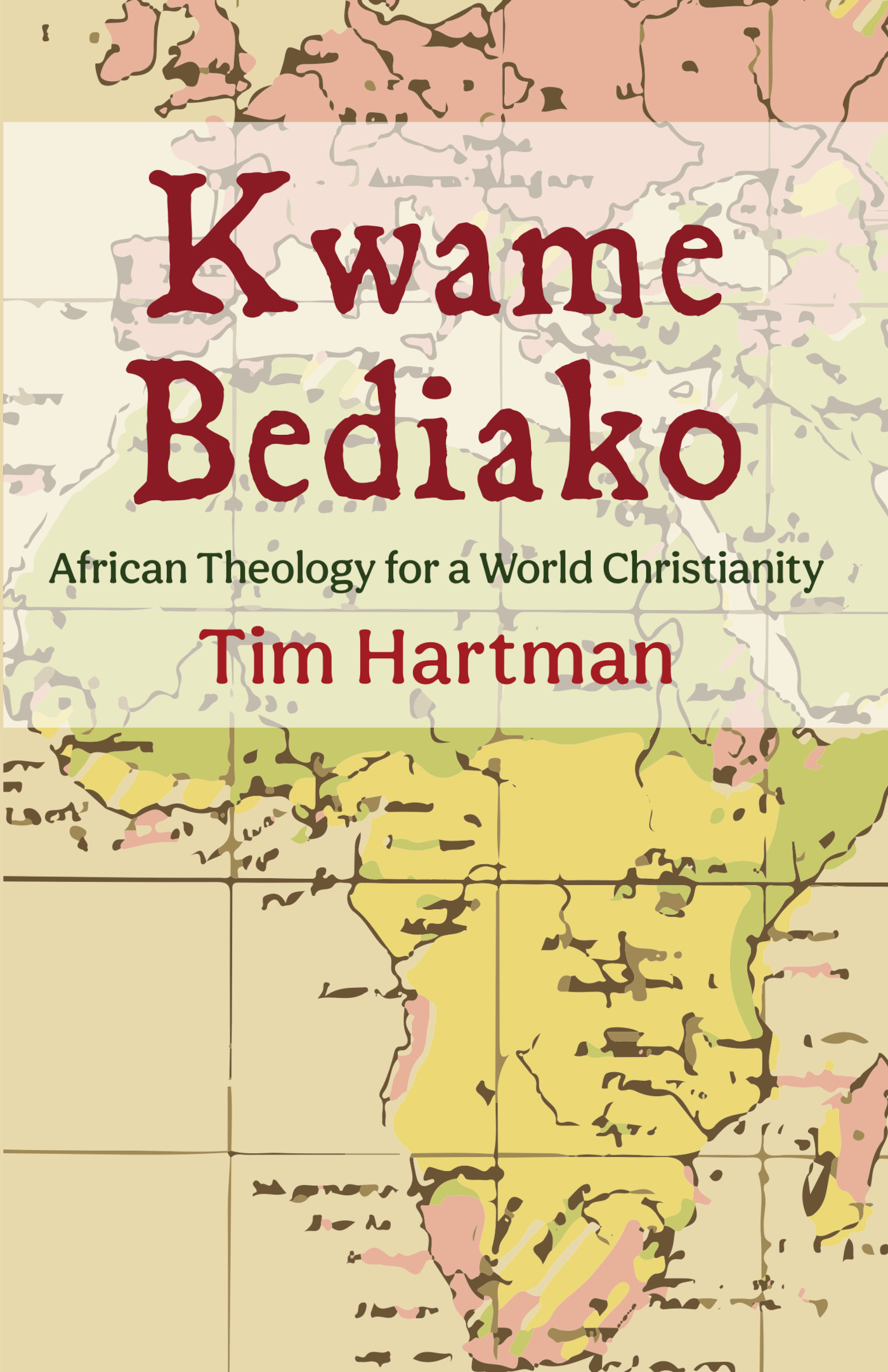Tim Hartman - Kwame Bediako: African Theology for a World Christianity
Here you can read online Tim Hartman - Kwame Bediako: African Theology for a World Christianity full text of the book (entire story) in english for free. Download pdf and epub, get meaning, cover and reviews about this ebook. year: 2022, publisher: Fortress Press, genre: Religion. Description of the work, (preface) as well as reviews are available. Best literature library LitArk.com created for fans of good reading and offers a wide selection of genres:
Romance novel
Science fiction
Adventure
Detective
Science
History
Home and family
Prose
Art
Politics
Computer
Non-fiction
Religion
Business
Children
Humor
Choose a favorite category and find really read worthwhile books. Enjoy immersion in the world of imagination, feel the emotions of the characters or learn something new for yourself, make an fascinating discovery.
- Book:Kwame Bediako: African Theology for a World Christianity
- Author:
- Publisher:Fortress Press
- Genre:
- Year:2022
- Rating:4 / 5
- Favourites:Add to favourites
- Your mark:
Kwame Bediako: African Theology for a World Christianity: summary, description and annotation
We offer to read an annotation, description, summary or preface (depends on what the author of the book "Kwame Bediako: African Theology for a World Christianity" wrote himself). If you haven't found the necessary information about the book — write in the comments, we will try to find it.
Ghanaian theologian Kwame Bediako presses all Christians to question their own theological commitments. He does so by rethinking Christian identity in light of cultural identity and the shortcomings of colonialism. Bediakos quest to be both African and Christian informs what it means to be Christian in a secularized Europe and North America. Far more than just chronological and biographical, Tim Hartmans analysis of the arc of Bediakos theology demonstrates that Bediakos vision of Christianity as a non-Western religion allows it to serve as a resource for World Christianity amid the exponential growth of Christianity in the Global South.
Hartman points to how Bediako sidesteps the influence of Western thought by rooting African Christianity in a twin heritage of pre-Christendom patristic theology and precolonial traditional religious practices of Africa. Bediako expands the canon of theological resources available for Christians by eliminating the distinction between gospel and culture. Since there is no such thing as a pure theology for Bediako, culture itself becomes a source of divine revelation through the incarnation.
Hartmans study of Bediako helpfully corrects inaccurate portrayals of African Christianity. The growth of African Christianity should not be feared, nor mischaracterized as narrow-minded or too conservative. Bediako asserts a polycentric understanding of the Christian faith based in grassroots theologies and the beliefs of actual Christians. While Bediako agrees that Christianity in Africa (and the Global South) is the future of the Christian faith, he rejects assumptions that the Christian faith needs to be yoked to political power. Instead, Bediako offers an alternative understanding of politics based on democracy and nondominating power.
Both Bediako and the book offer a way forward in thinking about questions of religious pluralism. African Christianity has never known cultural hegemony as African Christians have always lived with Islam and African traditional religions. Bediako offers a theology of Jesus is Lord while appreciating the integrity of Islam and traditional African religions.
In the end, the book presents an African Christian theologian who valuesand does not simply rejectAfrican traditional religions. Bediako believed that traditional African religions, far from being demonic, served as evangelical preparation for the Christian faith and as the substructure of African Christianity, and that African religious imagination was the foundation for the Christian faith worldwide. As Hartman shows, the more distinctively African Bediakos Christianity became, the more suited that theology became for the world.
Tim Hartman: author's other books
Who wrote Kwame Bediako: African Theology for a World Christianity? Find out the surname, the name of the author of the book and a list of all author's works by series.

